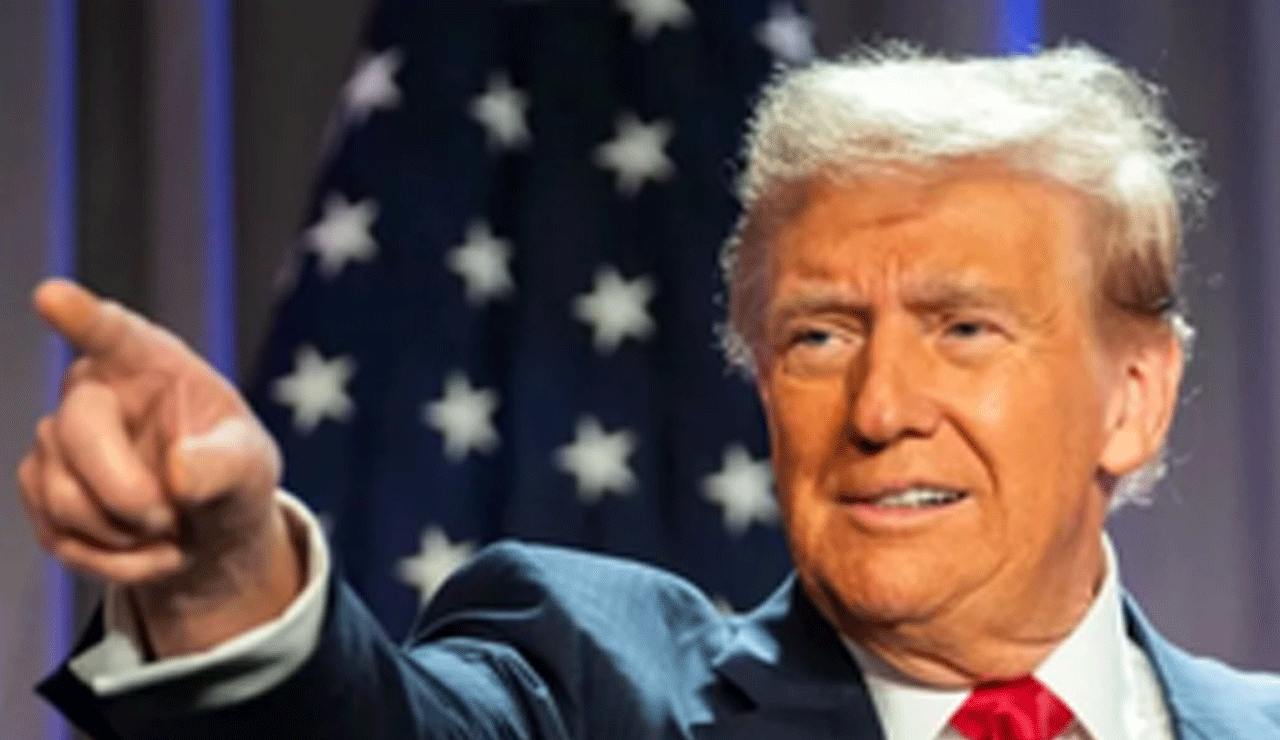Trump’s World: The President Who Plays by His Own Rules
In his second term as U.S. President, Donald Trump is once again under the microscope of global strategic observers and political analysts.

New Delhi: In his second term as U.S. President, Donald Trump is once again under the microscope of global strategic observers and political analysts. His “America First” doctrine, assertive foreign policy, and business-driven diplomacy are sparking intense debate about whether his approach is pragmatic nationalism or flawed isolationism.
Table of Contents
Critics argue that Trump’s focus on trade tariffs, withdrawal from liberal international forums, and blunt diplomacy represent a departure from traditional American leadership. However, others suggest there’s a “method to the madness”, with Trump aiming to realign global power dynamics to preserve U.S. supremacy.
Is There a Strategy Behind Trump’s Unpredictability?
Trump’s style is often described as unpredictable and abrasive, yet strategic experts believe his actions are part of a calculated leadership model. From confronting Islamic terrorism, taking a hard line against China’s economic expansion, to restructuring global trade deals, Trump appears to be pursuing an unapologetic path toward reasserting American dominance.
Also Read: Telephone Services Collapse at Gandhi Hospital Due to Unpaid Dues
His strong stance against terror, particularly following the October 7, 2023 Hamas attack on Israel, and bold diplomatic interventions in the Middle East and Indo-Pacific, reflect a hands-on, deal-making presidency.
India-U.S. Relations: Strategic Partnership Amid Complex Dynamics
India has adeptly managed its ties with the Trump administration during this second term. Despite Trump’s earlier overtures to mediate in Kashmir, which India swiftly dismissed, bilateral cooperation remains strong. The Indian government’s strategic diplomacy has focused on reinforcing mutual respect and economic cooperation, especially around counterterrorism and defense.
Trump’s tilt toward Pakistan—possibly aimed at reducing China’s grip on the region—raises concerns, particularly with international financial support being funneled to Islamabad. Yet, India has stayed the course by emphasizing its opposition to cross-border terrorism and highlighting shared democratic values with the U.S.
Trump’s Middle East Moves: Bold or Blunt?
In the Middle East, Trump’s continued support for Israel, economic engagements with Saudi Arabia, UAE, and Qatar, and even the lifting of sanctions on Syria, reflect his unconventional but active foreign policy. His vision of transforming Gaza into a commercial zone post-conflict underscores his business-first diplomacy.
Though his support for Israel’s military response to Hamas has drawn criticism for the humanitarian toll, Trump’s stance remains firm, asserting Israel’s right to self-defense.
Strategic Observers Divided on Trump’s Long-Term Impact
While Trump’s short-term policy wins—including increased investments from Gulf nations and strategic pressure on Iran and China—gain attention, experts remain skeptical about the long-term costs of his withdrawal from global liberal institutions.
Analysts argue that “Making America Great Again” (MAGA) requires not just economic might but also alliances with democratic nations, multilateral cooperation, and a consistent global presence.
Strategic Insight or Flawed Isolationism?
President Trump’s second term is a mix of strong political will, economic pragmatism, and diplomatic disruption. As the U.S. continues to influence global affairs under Trump’s bold leadership, strategic thinkers must decode whether this path will redefine America’s global role or erode its democratic influence in a rapidly changing world.
